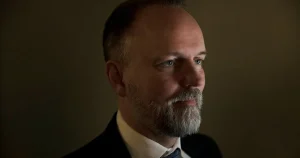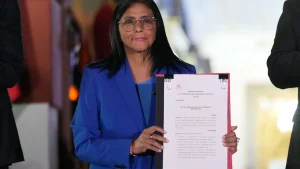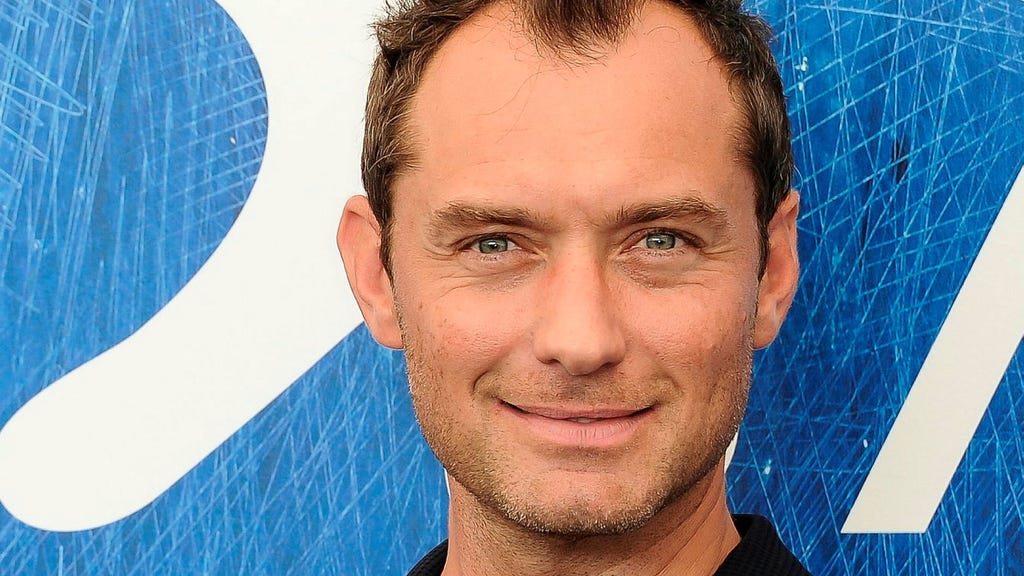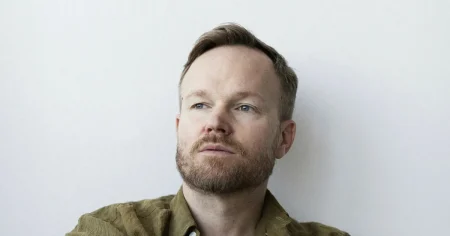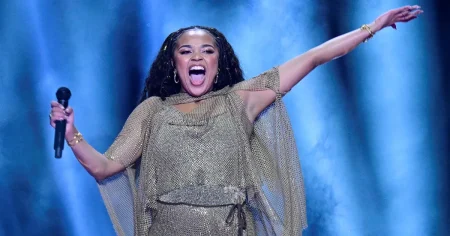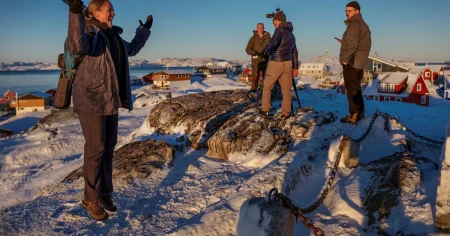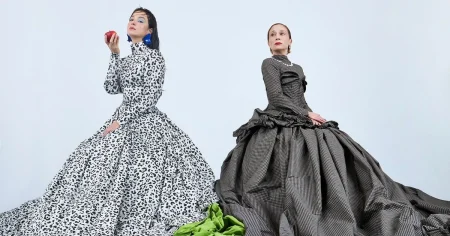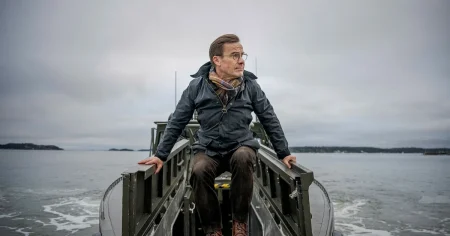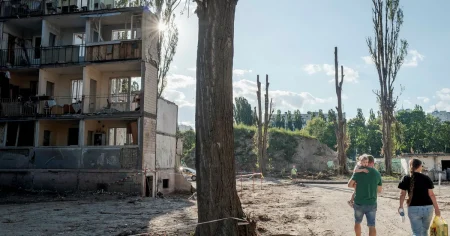Jude Law, the acclaimed British actor, is set to embark on a challenging and transformative role, portraying Russian President Vladimir Putin in the upcoming film ”The Wizard of the Kremlin,” directed by the renowned French filmmaker Olivier Assayas. This ambitious project, adapted from Giuliano da Empoli’s bestselling novel of the same name, delves into the complex world of Russian politics and power, offering a fictionalized account of Putin’s rise to dominance. Law, in an interview with Deadline, expressed both trepidation and excitement about tackling this demanding role, comparing it to the daunting task of climbing Mount Everest, acknowledging that he is still at the base of the mountain, gazing upwards at the immense challenge ahead. This undertaking signifies a significant departure for Law, known for his diverse roles in films like ”The Talented Mr. Ripley,” ”Cold Mountain,” and ”The Young Pope,” and promises to be a captivating exploration of one of the most influential and enigmatic figures of our time.
”The Wizard of the Kremlin” centers around Paul Dano’s character, a film director who, through a serendipitous turn of events, becomes an advisor to Putin. This narrative framework sets the stage for a fascinating exploration of the interplay between image-making, political manipulation, and the construction of power. The film explores the behind-the-scenes machinations of the Kremlin, offering a glimpse into the world of political strategists, spin doctors, and the carefully crafted narratives that shape public perception. As Putin’s advisor, Dano’s character will likely be privy to the inner workings of the Russian political machine, witnessing firsthand the strategies employed to maintain control and project an image of strength and stability. This dynamic promises a compelling narrative filled with intrigue, power struggles, and the moral dilemmas inherent in navigating the corridors of power.
The addition of Alicia Vikander, the Academy Award-winning Swedish actress known for her roles in ”The Danish Girl” and ”Ex Machina,” further enriches the cast and adds another layer of complexity to the film’s narrative. While her specific role remains undisclosed, Vikander’s presence suggests a significant female character within the predominantly male world of Russian politics. Her involvement raises questions about the nature of her character’s relationship with Putin and her role within the power dynamics at play. Will she be an ally, a rival, or a pawn in the larger political game? The ambiguity surrounding her character adds an element of intrigue and anticipation, promising a nuanced portrayal of female agency within a complex political landscape.
Jude Law’s approach to portraying Putin will undoubtedly be a focal point of the film. He faces the challenge of embodying a figure who has been the subject of intense scrutiny and speculation, a leader whose public persona is carefully crafted and often shrouded in mystery. Law’s task is not simply to imitate Putin’s mannerisms or physical appearance but to delve deeper, capturing the essence of his character, his motivations, and the complexities of his personality. This requires extensive research, careful observation, and a deep understanding of the historical and political context that shaped Putin’s worldview. Law’s performance will be a delicate balancing act, navigating the fine line between portraying Putin as a human being with flaws and vulnerabilities and acknowledging the immense power he wields and the consequences of his actions.
The collaboration between Jude Law and Olivier Assayas, a director known for his sophisticated and politically astute filmmaking, promises a compelling cinematic experience. Assayas’s previous works, such as ”Carlos,” a biographical miniseries about the Venezuelan revolutionary Carlos the Jackal, and ”Clouds of Sils Maria,” a metafictional drama exploring themes of aging and identity, demonstrate his ability to tackle complex political and psychological themes with nuance and depth. His directorial style, often characterized by long takes, naturalistic dialogue, and a focus on character development, will likely bring a unique perspective to the story of Putin’s rise and reign. Assayas’s attention to detail and his ability to create atmospheric tension will undoubtedly contribute to the film’s overall impact, immersing the audience in the world of Russian politics and the psychological complexities of its key players.
”The Wizard of the Kremlin” is poised to be more than just a biographical drama about Vladimir Putin. It promises to be a thought-provoking exploration of power, manipulation, and the construction of image in the modern political landscape. The film’s focus on the behind-the-scenes machinations of the Kremlin and the role of political strategists offers a compelling glimpse into the often-hidden world of power brokers and the narratives they create to maintain control. With a stellar cast, a renowned director, and a captivating story based on a bestselling novel, ”The Wizard of the Kremlin” has all the ingredients to be a significant cinematic event, sparking dialogue and debate about the nature of leadership, the complexities of Russian politics, and the enduring allure of power.


